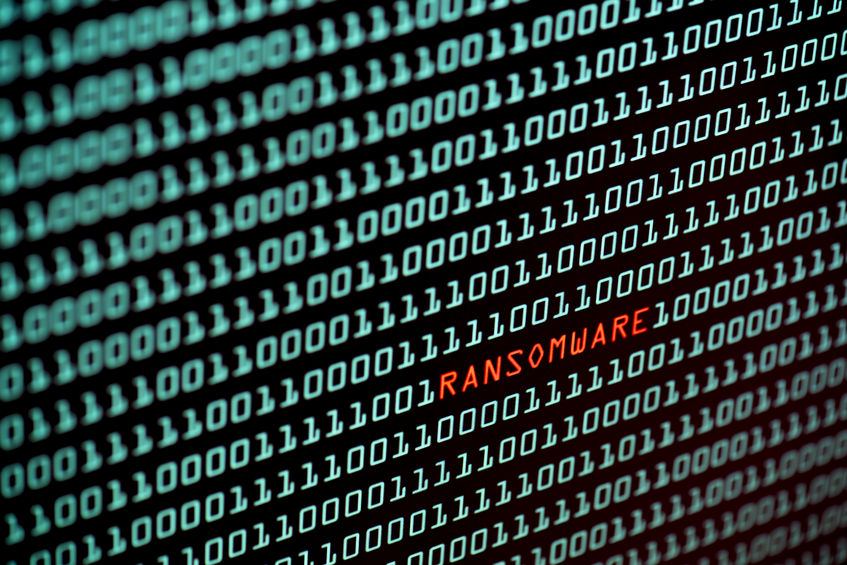
It was tragic, but it was probably not unpredictable. In July 2021 the world was shocked to learn about a baby who died as a result of a ransomware attack. Springhill Medical Center was undergoing a ransomware attack that compromised a nurse’s ability to see that an umbilical cord was wrapped around the neck of a baby she was about to deliver. The baby ended up dying as a result of the incident and the hospital was sued for negligence in preventing the attack.
Obviously, the loss of life is horrible and no parent should have to go through losing their child to a cyberattack. Though it should not be surprising that in the 21st-century cybercrimes lead to real death. Consider that 560 healthcare organizations were hit by ransomware attacks in 2020 alone. The sum total of these attacks represents over $20 billion in combined downtime, and to make matters worse, those 560 attacks were double the number of attacks as of 2019.
These attacks are devastating for hospitals, but the human cost is even worse. We know of one baby who died in Alabama as a result of a ransomware attack on a hospital. How many others are there we don’t know about? Cyberattacks aren’t catastrophes that happen in a digital vacuum; incidents like these should serve as a wake-up call for organizations. The consequences that come with not taking action are very real and very human.
Governments Step In to Address the Crisis
While there is an argument to be made that some governments are behind ransomware attacks, other governments are doing their best to step in and mitigate the damage. In 2021, the U.S. federal government was successful in recovering millions of dollars in ransomware payments. They also managed to put members of popular ransomware gangs behind bars. Though these measures are important, what they really show is that a focus on cybersecurity as a national security issue is long overdue.
In the end, ransomware, hacking, and troll shops are going to continue to do what they do regardless of whether or not they lose a few members. Unlike a snake, in these cases, the head or the tail grows right back. Take the group that attacked the Colonial Pipeline last year as one example. In May 2021, the pipeline found itself at the mercy of a ransomware cyberattack that caused a shutdown of their operations for five days, which resulted in a temporary fuel shortage along the East Coast. The group responsible for that attack called DarkSide, simply reformed into BlackMatter after law enforcement forced the shutdown of DarkSide.
What’s the takeaway here? Governments, hospitals, energy companies and many other businesses along with bureaucratic entities need to take ransomware attacks seriously. If cybersecurity isn’t one of your primary concerns, you could be vulnerable to attack. Learn more about how we can help on our website.



